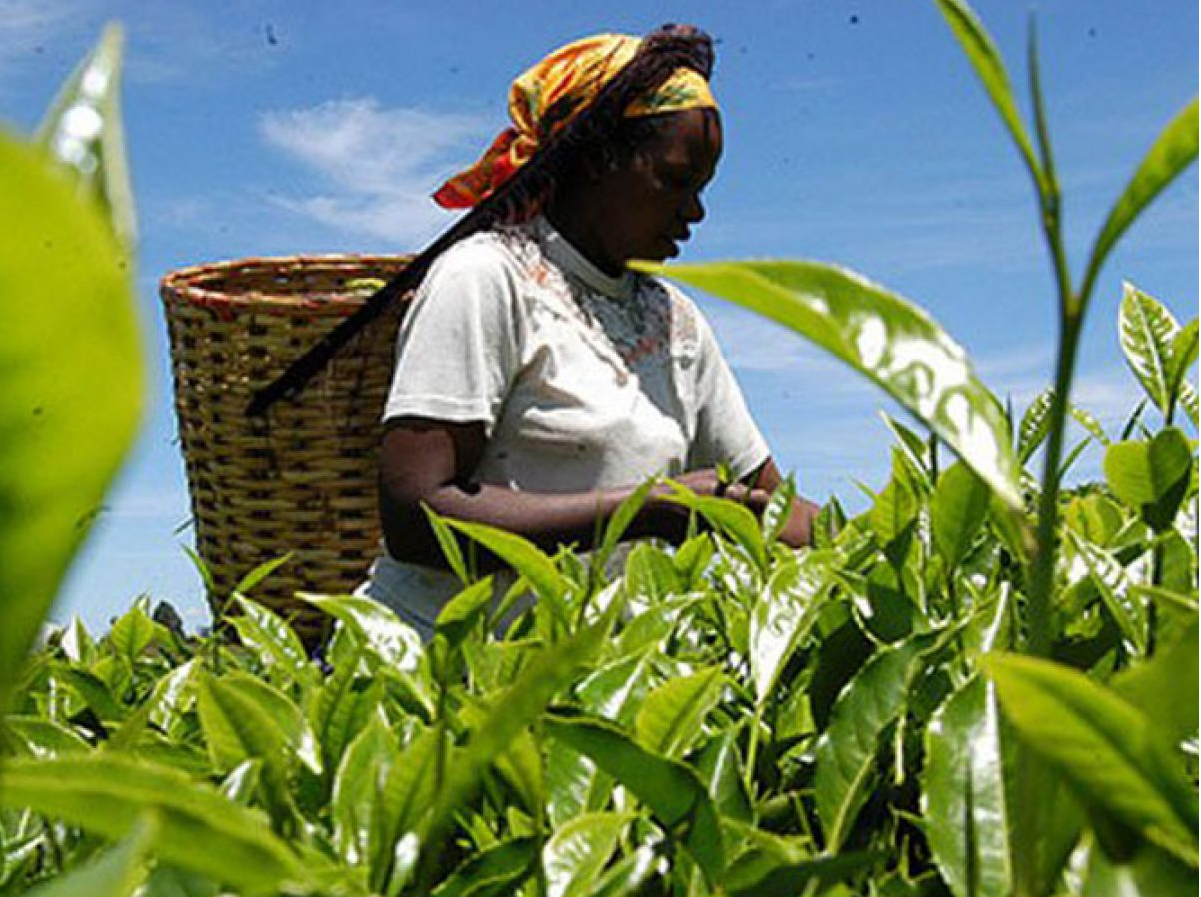The Central Bank of Kenya maintained its key lending rate at 10% on Monday, saying inflation is expected to decline due to lower food prices with the expected short rains and the Government subsidies on some food items.
“Although the outlook for global growth has improved, the MPC says uncertainties remain particularly with regard to US economic policies, the post-Brexit resolution, and the pace of normalization of monetary policies in advanced economies. The Committee concluded that the current policy stance remains appropriate. The MPC therefore decided to retain the Central Bank Rate (CBR) at 10.0 percent in order to continue to anchor inflation expectations. The CBK will continue to closely monitor developments in the global and domestic economy, and stands ready to take additional measures as necessary,” CBK Governor Dr Patrick Njoroge, who chairs the Monetary Policy Committee (MPC), said in a statement.
The MPC meeting, the first since July 17, was held against a backdrop of general macroeconomic stability, a prolonged election period, and continued uncertainties in the global economy.
At the meeting, it was noted that Month-on-month overall inflation rose to 8.0 percent in August 2017 from 7.5 percent in July 2017 reflecting limited supply of some food items, particularly tomatoes, following transport difficulties in the immediate period after the general elections. Additionally, unusual demand for some food items such as wheat flour and rice in the period before the elections resulted in a temporary shortage.
Nevertheless, the contribution to overall inflation of some items such as maize grain, maize flour, milk, sugar, and Irish potatoes decreased in part due to favourable weather conditions and the positive impact of Government measures.
“Non-food-non-fuel (NFNF) inflation remained stable below 5 percent suggesting that demand pressures in the economy were muted. A normalization of supply, the expected short rains, and supportive measures taken by the Government are expected to further lower food prices in the near term,” said Dr Njoroge.
He said the foreign exchange market has remained relatively stable supported by resilient tea and horticultural exports, diaspora remittances, and a strong recovery in tourism.
The 12-month current account deficit widened slightly to 6.4% of GDP in July 2017 from 6.2% in May, largely due to short-term import demand for cereals and sugar, and SGR-related transport equipment.
The current account deficit is expected to narrow to 5.8% of GDP by December 2017 as the bulk of SGR-related imports are completed, while the expected favorable weather conditions will improve food production and reduce reliance on imports.
” The CBK foreign exchange reserves currently stand at USD7,545 million (5.0 months of import cover). These reserves, together with the Precautionary Arrangements with the IMF, equivalent to USD1.5 billion, continue to provide an adequate buffer against short term shocks in the foreign exchange market,” he said.
According to the MPC, the banking sector remains resilient with the average commercial banks’ liquidity and capital adequacy ratios standing at 45.6% and 19.0% respectively, in August 2017.
The distribution of liquidity in the sector is expected to continue to improve but credit risk remains elevated as some large corporates continue to restructure their borrowings. Gross non-performing loans (NPLs) to gross loans rose to 10.7% in August from 9.9% in June. The increase in the NPLs was concentrated in the manufacturing, real estate, and trade sectors. Nevertheless, these have been adequately provided for and initiatives are ongoing to resolve them.
Growth of credit to the private sector recorded a slight increase to 1.6 percent over the 12 months to August 2017 from 1.4% in July 2017, reversing the downward trend since August 2015. Energy and water, agriculture, and personal/household sectors recorded the largest increases in gross loans between June and August 2017.
” The MPC welcomed the preliminary results of the studies on the slowdown in the growth of private sector credit, and the impact of the interest rate caps. The Committee made recommendations on improving these important studies and looks forward to their conclusion in the near term,” Dr Njoroge said.
ALSO SEE: Life remains the same as CBK retains signal interest rate at 10%
The Committee reviewed the recent economic developments and noted that growth expectations remain unchanged. The stable macroeconomic environment is expected to be supported by a recovery in agriculture due to normal weather conditions, a resilient services sector, continued infrastructure development, and stability in the global economy. Spending by the National and County Governments in the near term is expected to provide an additional stimulus.
The MPC Private Sector Market Perception Survey conducted in September 2017 showed that inflation was expected to decline due to lower food prices with the expected short rains and the Government subsidies on some food items.
Growth expectations by banks and non-banks remained unchanged in the September 2017 survey relative to the July 2017 survey, with banks expecting a lower growth on account of weaker private sector credit growth and concerns over the continuing election process.
However, nonbank private firms expect the continued public investment in infrastructure, and favourable weather conditions during the short rains season to support growth in 2017.












Leave a comment